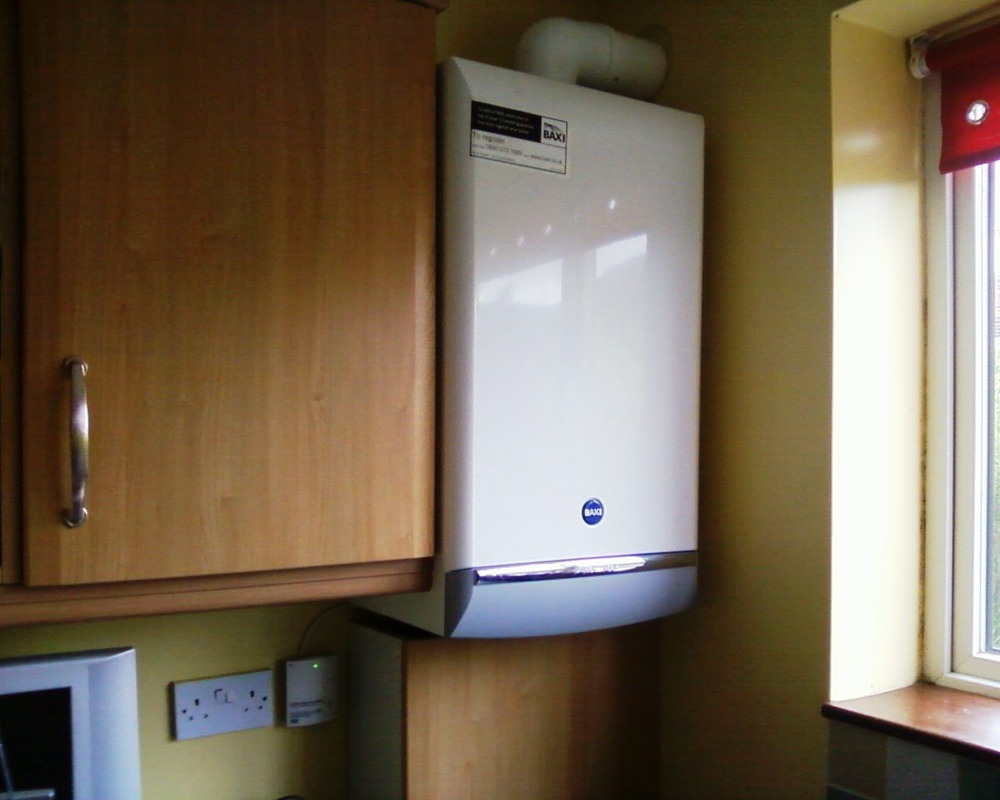Exploring the Lifespan of a Water Heater: How Long Can You Expect It to Last?
When it comes to essential household plumber appliances, a water heater tops the list. It provides hot water for your showers, baths, and daily chores. However, like all appliances, water heaters have a finite lifespan. In this article, we will delve into the lifespan of a water heater, factors affecting it, and tips to extend its longevity.

The Importance of Knowing Your Water Heater’s Lifespan
Understanding how long your water heater is expected to last can help you plan for replacements and avoid unexpected breakdowns. It also allows you to make informed decisions when purchasing a new unit.
Factors Influencing Water Heater Lifespan
Several factors impact the lifespan of your water heater:
Quality of the Unit
The quality of your water heater is a significant determinant. High-quality units tend to last longer than cheaper, lower-quality alternatives.
Maintenance
Regular maintenance is crucial. Neglected water heaters are more likely to fail prematurely. Flushing the tank, checking for leaks, and inspecting the anode rod are essential tasks.
Water Quality
The quality of the water in your area can affect your water heater’s lifespan. Hard water with high mineral content can lead to sediment buildup and reduce efficiency.
Usage
The frequency and amount of hot water usage play a role. A water heater used by a large family will likely have a shorter lifespan than one used by a single person.
Types of Water Heaters and Their Average Lifespans
Different types of water heaters have varying lifespans:
Tankless Water Heaters
Tankless water heaters typically last longer, often up to 20 years or more. Their lifespan is extended because they don’t store water, reducing the risk of corrosion.
Traditional Tank Water Heaters
Traditional tank water heaters usually last around 10 to 15 years. Regular maintenance can help maximize their lifespan.
Heat Pump Water Heaters
Heat pump water heaters have a lifespan of approximately 10 to 15 years. Their efficiency can make up for their shorter lifespan in terms of energy savings.
Signs Your Water Heater Needs Replacement
Recognizing when your water heater is nearing the end of its lifespan is essential to avoid unexpected cold showers. Look out for these signs:
- Rust or Corrosion: Visible rust or corrosion on the tank is a clear indication of a problem.
- Reduced Efficiency: If your water heater takes longer to heat water or struggles to meet your hot water demands, it may be time for a replacement.
- Strange Noises: Unusual noises such as popping, cracking, or rumbling could be a sign of sediment buildup.
- Leaks: Any signs of leaks around the tank or connections are a red flag.
Extending Your Water Heater’s Lifespan
While the lifespan of a water heater is influenced by various factors, you can take steps to extend it:
- Regular Maintenance: Schedule annual maintenance to flush the tank, check the anode rod, and inspect for leaks.
- Adjust the Temperature: Lowering the temperature to 120°F can reduce wear and tear on the unit.
- Install a Water Softener: If you have hard water, consider installing a water softener to reduce mineral buildup.
- Consider a Tankless Heater: If you’re due for a replacement, think about upgrading to a tankless water heater for a longer lifespan and energy savings.
In conclusion, the lifespan of a water heater can vary based on factors such as quality, maintenance, and water type. By understanding these variables and being attentive to signs of wear and tear, you can ensure your water heater serves you well for years to come.
5 Unique FAQs
Q1: Can I extend the lifespan of my old water heater with maintenance?
Yes, regular maintenance by plumbers Bristol can help prolong the lifespan of an older water heater by preventing corrosion and sediment buildup.
Q2: What’s the role of the anode rod in water heater longevity?
The anode rod helps prevent corrosion within the tank by sacrificing itself to protect the tank’s lining. Replacing it when worn is essential for prolonging your water heater’s life.
Q3: Is it cost-effective to upgrade to a tankless water heater for a longer lifespan?
While tankless water heaters have a longer lifespan and can provide energy savings, the upfront cost of installation should be considered. It’s best to assess your long-term needs and budget.
Q4: Can a water softener really extend the life of my water heater?
Yes, a water softener can reduce the mineral content in hard water, significantly reducing sediment buildup and extending your water heater’s lifespan.
Q5: How do I know if my water heater is at the end of its lifespan?
Keep an eye out for signs like rust, reduced plumber efficiency, strange noises, and leaks. If you notice any of these, it’s a good indicator that your water heater may need replacing.
Understanding the lifespan of your water heater and taking proactive steps can ensure you enjoy hot water reliably for years, saving you money and the hassle of unexpected replacements.
